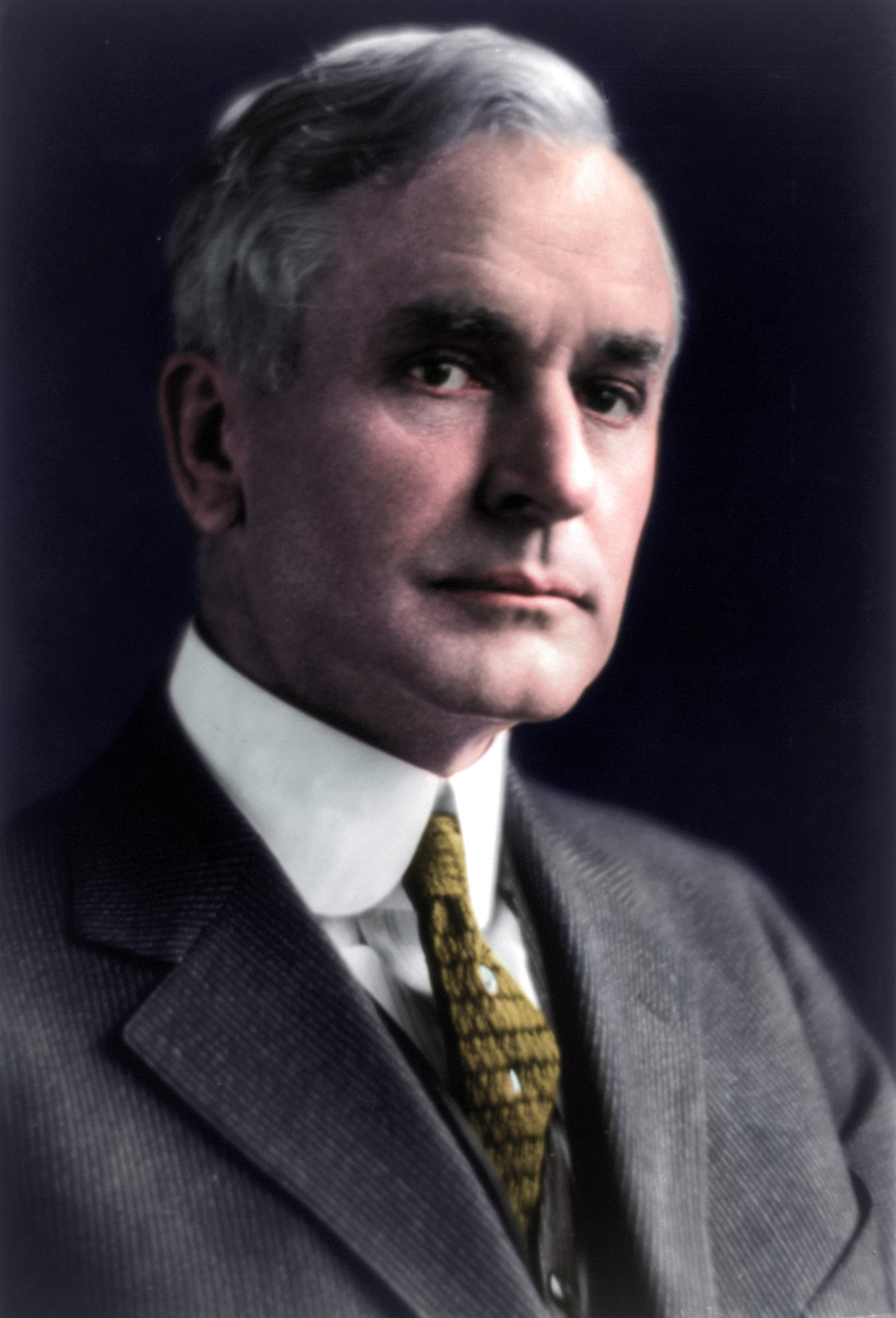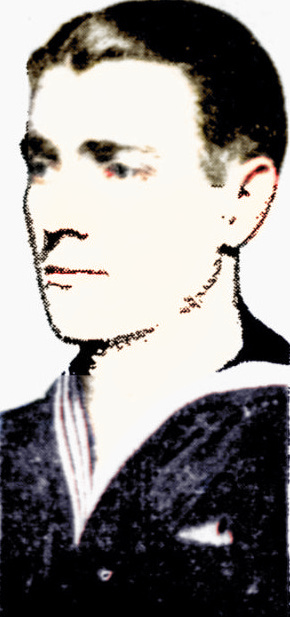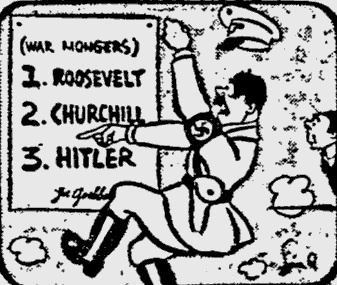The Pittsburgh Press (October 22, 1941)
‘It’s this waiting… waiting.’
An American sailor’s mother learns her boy is missing in action… ‘just missing’
By Jean Lightfoot
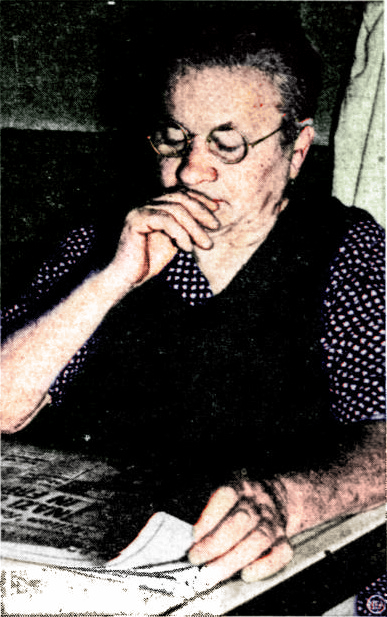
Mrs. Jenny Dobnikar: “Just ‘missing,’ it reads. Maybe still alive!”
Cleveland, Oct. 22 –
Eleven “next of kin” received the “missing” telegrams:
The Navy Department deeply regrets… USS Kearny… torpedoed…
A mother in California, one in Carolina, Mrs. Dobnikar in Cleveland. Her three sons are in the Navy. Louis (WT2c) was on the Kearny. He is missing.
At present the Department has nothing but bare facts… will let you know…
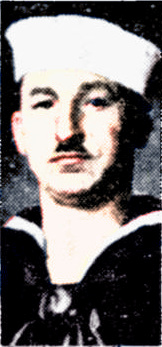
Louis Dobnikar
What does the paper say? His picture – there. See? Eighteen years a sailor! The radio. Could we call Washington? Another broadcast at 4 o’clock? It’s this waiting… this waiting…
Mrs. Jenny Dobnikar is small and gray and 70, has brown, work-weathered skin and bright Balkan eyes, speaks little English. She lives in two small rooms at the back of a shingled house in northeast Cleveland, on a narrow street that is putty colored with industrial smoke. It is the money her three sailor sons send so regularly that keeps her comfortable here, and the presents and pictures they send that have kept her proudly happy.
Enter by the kitchen. It is crowded. There are Yugoslavian friends, some who have known her since she came from the old country when the century was just beginning. They are speaking in Slovenian.
There is Mrs. Bandelean from the Navy Mothers’ Club.
We were all so frightened… and it was to have been such a nice Navy Day Monday, marching to the square and all…
There is Mrs. Edward Davis. Her Lithuanian accent soft with sympathy, she says:
My Ozzie knows well her boys and Louis comes by us only last time he is home.
The three married daughters, bright, pretty, their light makeup streaked with tears, take wraps, pour coffee, spin radio dials, stroke their mother’s shoulder with nervous fingers.
I suppose the boys know…
Louise explains:
John is a third class chief petty officer on a ship at Hawaii. He’ll be a warrant officer someday!
And Marie:
Frank is the youngest. In Washington now, after Iceland on a destroyer. An electrical engineer at the Navy school there. Second class, soon to be first!
They are so proud of the boys.
Jean begins to cry again:
But Louis… Maybe he is trapped in one of the boiler rooms?
Just missing, it reads. Maybe still alive?
It does not matter that you do not know what Mr. Dobnikar is saying because her eyes and their tears are telling you. The voice is telling you, making lachrymose music of the grief it speaks in Slovenian, sob-broken, mournful, the strange words rising from a gentle moan to ride the crest of a wall, to break there, to begin again in low, bewildered tones.
But most of all it is the hands that tell you. Like lost brown birds they fly in sorrow to her tired brown face. She rubs them sorrowfully together. She cries:
My Louie! Bring 'im home!
And the brown hands tell her rosary that tomorrow there will be candles to the Virgin.
My boys… keep them safe…
Jean whispers:
She prayed all night.
Louise whispers:
He always said:
Pray for me, mama.
Their mother mutters something, rubbing the brown hands along her lap as if to warm them.
Marie whispers:
She is saying Louis did not think he would see her again when he was home last summer.
Jean whispers. the tears starting:
She is saying – she is saying Louis was always afraid the fish would get him…
Pointing to a Last Supper by the crucifix over the metal bed, Jean says:
A picture Louie sent from Rio de Janeiro.
The names are in Spanish – Pedro, João, Jacobi, Philippe, Thadeu.
The border – see how it shines? – is made from butterfly wings.
She takes the picture from the wall and holds it gently.
Brown fingers move slowly over the rosary:
Jesu… Jesu…
Ave Maria…
Presently the hands are still, the gray head lifted.
Mrs. Dobnikar, finishing the slow, thoughtful sentence in Slovenian, begins:
When de vater…
Jean translates, listening as she speaks:
She is saying that when the water comes in and you cannot get out there is nothing a sailor can do.
Now she is saying how proud she is her boys fight for America. We are proud, too. See?
She points to the wall. Blue are the letters on a white satin banner: God Bless America.
John sent it. We will put it in the window now.
